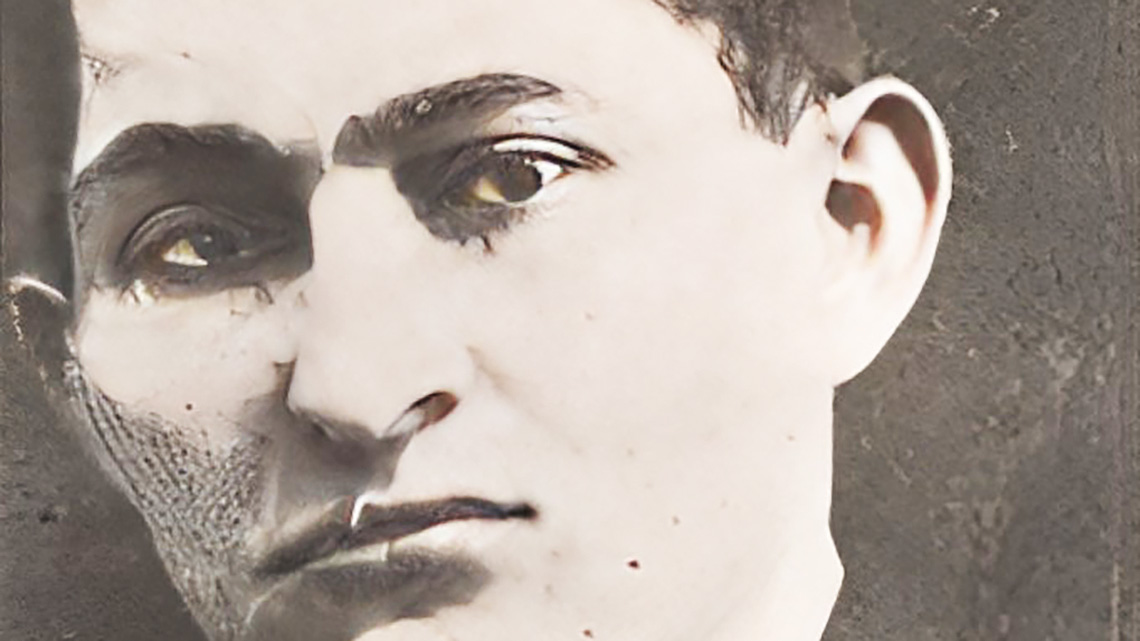Žarko Zrenjanin, known as Uča, was one of the prominent participants in the People's Liberation Struggle (NOB) in Banat, serving as the secretary of the Provincial Committee of the Communist Party of Yugoslavia (KPJ) for Vojvodina. He was an organizer of uprisings and a coordinator of partisan resistance. He was born on September 11, 1902, in Izbište near Vršac, into a peasant family.
He completed his high school education in Szeged, Bela Crkva, and Pančevo, and then graduated from the teacher's college in Sombor in 1923, where he became acquainted with leftist ideas. He joined the KPJ in 1927, having already faced issues with the authorities since 1926. He returned to Izbište, where he worked on educating the people and establishing reading rooms and libraries.
He became the secretary of the District Committee in 1932. He organized a small printing press in his house and distributed materials throughout Banat, for which he was sentenced to three years in prison the following year. He served his sentence in Sremska Mitrovica and Lepoglava. There, he came into contact with many prominent communists, which strengthened his convictions. Between 1936 and 1941, he was arrested five more times, tortured, and persecuted, but he never gave up his political work.
Together with his comrades, he initiated and organized the uprising in 1941. After severe setbacks suffered by the partisan movement, he reorganized and consolidated units and party structures. Due to his significant contributions and importance to the movement, Tito attempted to secure his arrival in the free territory in western Bosnia and his presence at the first session of the Anti-Fascist Council of National Liberation of Yugoslavia (AVNOJ) in Bihać. Zrenjanin fell into enemy hands during preparations for this journey. The occupiers often referred to him as the "Red General" because of his importance and made considerable efforts to eliminate him, knowing that his liquidation would greatly weaken the People's Liberation Movement in Banat. The enemy learned about his hiding place in the village of Pavliš near Vršac through informants. Zrenjanin died in battle on November 4, 1942, along with his comrade-in-arms Strahinja Stefanović. He was proclaimed a national hero on December 5, 1944, and the city of Petrovgrad was renamed Zrenjanin in his honor by a decision made on October 2, 1946. Streets named after Žarko Zrenjanin can be found in over 60 locations in Serbia and Vojvodina.





